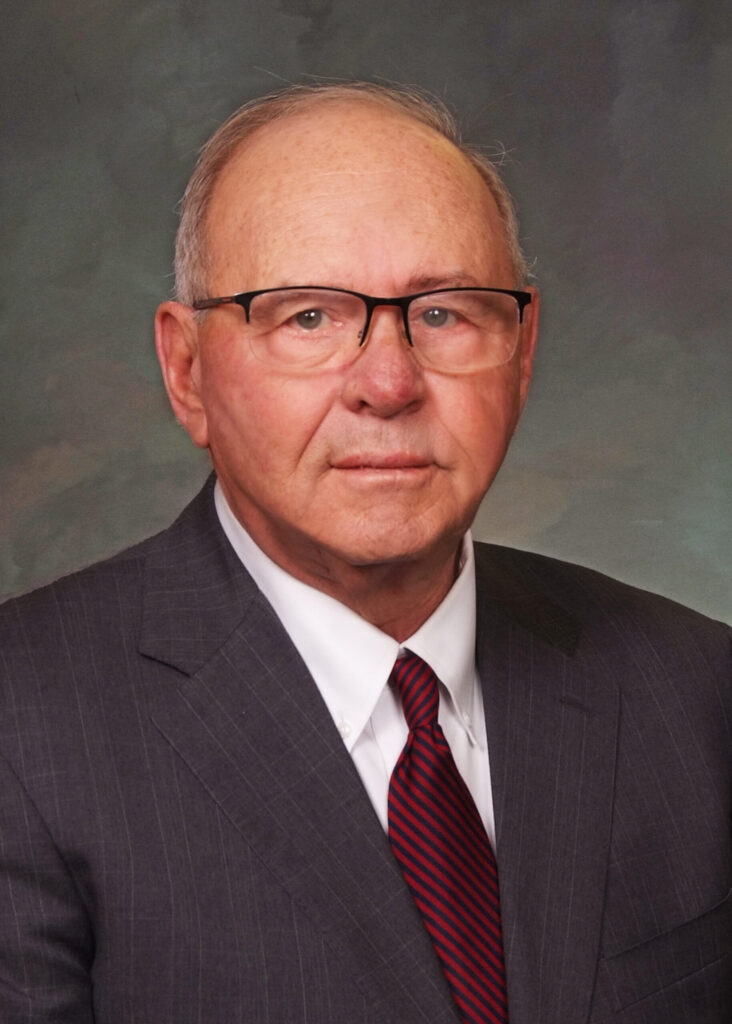Stabilize health care access for rural, underserved Coloradans | OPINION
As we head into the home stretch of the 2025 legislative session, pressure mounts to protect patient care, hospitals and health providers across Colorado from harmful changes pursued by the pharmaceutical industry.
Thirty years ago, Congress created a program known as 340B designed to require pharmaceutical manufacturers to sell certain drugs to safety net providers at a discount in exchange for entry into the lucrative Medicaid and Medicare markets.
Though patients clearly benefit from paying less for vital prescriptions, Congress also intended for 340B discounts to generate financial benefits for participating hospitals in treating patients with low incomes or those living in rural areas and in providing comprehensive services.
In my district, for example, St. Mary’s Medical Center uses its 340B benefit to provide health care services and support what otherwise might not be available, such as running a multi-disciplinary diabetes program, subsidizing chemotherapy and immunotherapy for Medicaid and uninsured patients, and dispensing free and low-cost drugs. Congress created the 340B program to help hospitals like St. Mary’s extend their resources, reach more patients and provide more comprehensive services that directly benefit Coloradans.
Stay up to speed: Sign up for daily opinion in your inbox Monday-Friday
Senate Bill 25-071, the Colorado 340B Contract Pharmacy Protection Act, helps achieve those goals by preventing Big Pharma from restricting the benefits to hospitals and their communities in Colorado. It codifies 340B providers’ ability to use contract pharmacies to dispense discounted drugs through the program and ends persistent drug company efforts to restrict existing contract arrangements that make it easier for underserved patients to get essential medication.
By contrast, the core provisions of the Big Pharma-supported Senate Bill 25-124 will reduce access to care for vulnerable populations.
In tangible terms, leaders at Community Hospital say the anticipated loss of $12 million to $14 million annually means the difference in its survival. And it’s unlikely to be the only health care center in the region forced to shutter.
Colorado’s hospitals struggle financially due in part to rapidly increasing costs — particularly for pharmaceuticals, as the rising cost of specialty drugs continues to outpace inflation. As the financial pressure continues to build, nearly 90% of the 68 Colorado hospitals that currently participate in the 340B program operate at unsustainably narrow or negative margins, using program benefits to provide affordable medications, financial assistance programs, and critical services like community health outreach, cancer treatment, OB/GYN services, and care in underserved areas.
Consistent with Congress’ intent, the 340B program provides a reliable safeguard against the increasing financial challenges facing the rural and critical access hospitals Coloradans depend on. The savings 340B hospitals achieve through purchasing certain outpatient drugs at a discount allows health care providers to stretch scarce federal resources to better serve their patients and communities.
All told, Colorado’s hospitals provide about $2.4 billion in additional benefits to their communities annually. The 340B program supports these programs and services at no cost to taxpayers.
Though rising drug prices and increased reliance on specialty drugs for lifesaving treatments have led to growth of the program, 340B discounts to eligible hospitals continue to comprise a small percentage of drug companies’ record-high revenue. According to a recent study by Healthsperien, drug companies provided an estimated $46.5 billion in discounts to 340B hospitals in 2022 — accounting for just 3.1% of their global revenues that year.
Meanwhile, the 10 largest pharmaceutical manufacturers enjoyed an average operating margin exceeding 28%, despite the discounts. Further limiting the 340B program only increases these margins at the expense of access to care for rural and vulnerable populations that currently depend upon it.
Maintaining access to care in rural and underserved communities by providing stability in the 340B program is critical to fulfilling the mission of health care service providers in Colorado. I ask state legislators to join me in supporting SB-071 and opposing SB-124 in order to preserve this important health care program.
Janice Rich represents Colorado’s 7th District in the Colorado Senate, which includes Grand Junction, all of Mesa County and a portion of Delta County.











